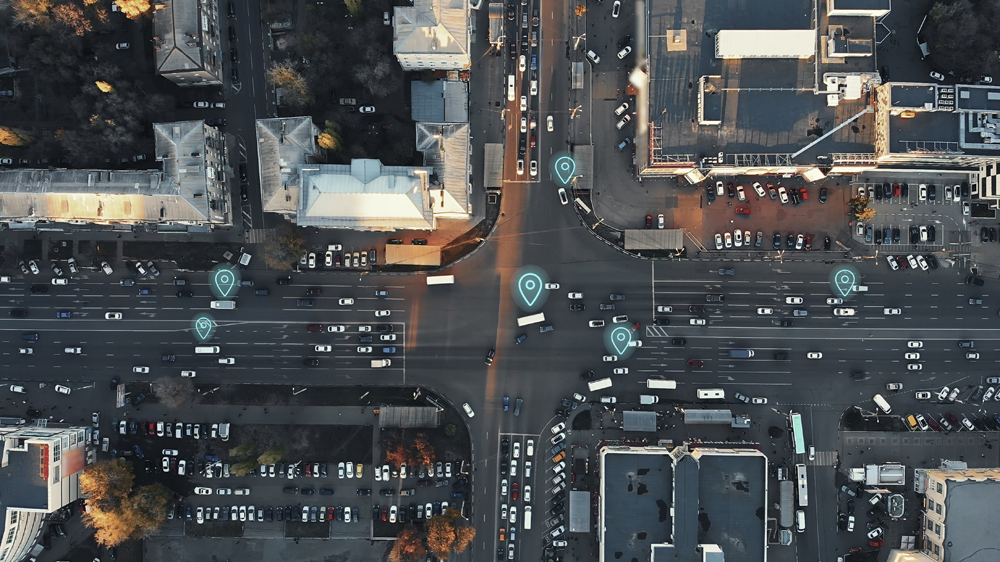The UK Transport sector needs to increase its focus on cyber-security in the face of rapidly emerging technological developments, according to Transport Systems Catapult (TSC).
In a new report, supported by IBM, the Institute of Engineering Technology (IET), the Intelligent Mobility Partnership (IMPART) and the Digital Catapult, the TSC cites numerous trends in the realms of technology, cyber security, mobility, and society are all converging to make it a much more complex environment in which to deliver
The UK Transport sector needs to increase its focus on cyber-security in the face of rapidly emerging technological developments, according to 7800 Transport Systems Catapult (TSC).
In a new report, supported by IBM, the Institute of Engineering Technology (IET), the Intelligent Mobility Partnership (IMPART) and the Digital Catapult, the TSC cites numerous trends in the realms of technology, cyber security, mobility, and society are all converging to make it a much more complex environment in which to deliver safe, secure, and reliable mobility services and infrastructure.
In particular, the TSC is highlighting the emergence of a global ‘intelligent mobility’ market, featuring automated vehicles, the Internet of Things and increasing use of personal data to create services tailored to the individual. This will rapidly add another layer of complexity into an already vulnerable transport network as well as open new cyber-threats.
One example highlighted is the rush to automation, for cars, trains and buses. The TSC warns that current detection and action times on cyber incidents are measured in days, weeks and even months. However, autonomous vehicle systems will require detection, identification and resolution within seconds to prevent serious safety consequences.
According to Andrew Everett, chief strategy officer at the TSC, the cyber security issues faced by transport in the future will not simply be an acceleration of the current constant, with more cyber-attacks. The way people and goods are moved around the globe is undergoing a radical change. It is being driven by technological advances such as wireless communications, smart devices, open data, the Internet of Things and more recently artificial intelligence. Everett claims the surface area of potential attacks is set to increase significantly and the transport industry needs to get to grips with this immediately.
Whilst the threats will increase, the TSC is also keen to point out that the UK is well placed to take a lead in resolution and prevention. Everett continued: “The UK is a world leader in cyber security. These skills can be transferred into the realm of transport and supportive government policies provide an excellent basis with which to proceed. Already there has been research in the automotive, aviation, and marine sectors. However, greater focus and a shared vision amongst transport industry business, academia and technology companies are needed if we are to provide an effective response to emerging threats.”
Anna Bonne, head of Sector - Transport at the IET said that intelligent mobility has huge potential to transform the way we travel. The UK is leading the world in this area especially through its trials of autonomous vehicle. “Operation of an autonomous vehicle will be heavily dependent on a lot of software embedded in the vehicle and their ability to communicate to other vehicles and the road infrastructure, so it is crucial that all aspects of cyber security are considered carefully. This report aims to raise awareness of the cyber security challenge in intelligent mobility and ensure that cyber security is considered at the design phase and not as an afterthought,” she said.
In a new report, supported by IBM, the Institute of Engineering Technology (IET), the Intelligent Mobility Partnership (IMPART) and the Digital Catapult, the TSC cites numerous trends in the realms of technology, cyber security, mobility, and society are all converging to make it a much more complex environment in which to deliver safe, secure, and reliable mobility services and infrastructure.
In particular, the TSC is highlighting the emergence of a global ‘intelligent mobility’ market, featuring automated vehicles, the Internet of Things and increasing use of personal data to create services tailored to the individual. This will rapidly add another layer of complexity into an already vulnerable transport network as well as open new cyber-threats.
One example highlighted is the rush to automation, for cars, trains and buses. The TSC warns that current detection and action times on cyber incidents are measured in days, weeks and even months. However, autonomous vehicle systems will require detection, identification and resolution within seconds to prevent serious safety consequences.
According to Andrew Everett, chief strategy officer at the TSC, the cyber security issues faced by transport in the future will not simply be an acceleration of the current constant, with more cyber-attacks. The way people and goods are moved around the globe is undergoing a radical change. It is being driven by technological advances such as wireless communications, smart devices, open data, the Internet of Things and more recently artificial intelligence. Everett claims the surface area of potential attacks is set to increase significantly and the transport industry needs to get to grips with this immediately.
Whilst the threats will increase, the TSC is also keen to point out that the UK is well placed to take a lead in resolution and prevention. Everett continued: “The UK is a world leader in cyber security. These skills can be transferred into the realm of transport and supportive government policies provide an excellent basis with which to proceed. Already there has been research in the automotive, aviation, and marine sectors. However, greater focus and a shared vision amongst transport industry business, academia and technology companies are needed if we are to provide an effective response to emerging threats.”
Anna Bonne, head of Sector - Transport at the IET said that intelligent mobility has huge potential to transform the way we travel. The UK is leading the world in this area especially through its trials of autonomous vehicle. “Operation of an autonomous vehicle will be heavily dependent on a lot of software embedded in the vehicle and their ability to communicate to other vehicles and the road infrastructure, so it is crucial that all aspects of cyber security are considered carefully. This report aims to raise awareness of the cyber security challenge in intelligent mobility and ensure that cyber security is considered at the design phase and not as an afterthought,” she said.









